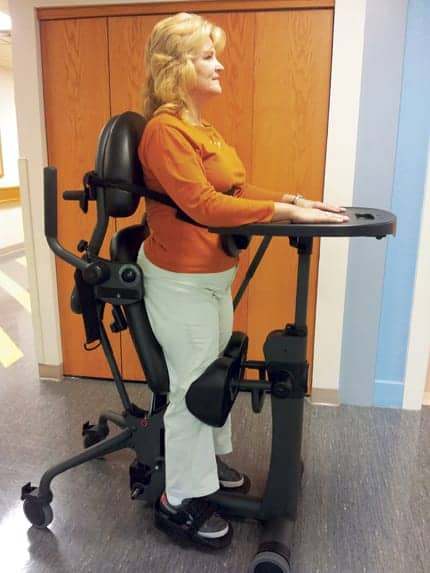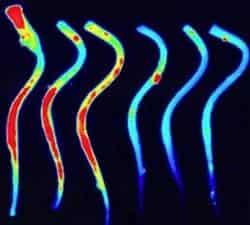
In the first of these studies, Edinburgh/Cambridge researchers reportedly assessed the immune messenger protein endothelin 2 and its potential role in stimulating myelin regeneration. The results indicate that high levels of the protein were found in areas of tissue damage in brain samples from individuals who had MS in their lifetimes.
Using a series of studies involving tissues grown in dishes and mouse models, researchers add they found that endothelin 2 appears to stimulate myelin regeneration. A recent National Multiple Sclerosis Society news release reports that while results indicate the study is in its basic discovery stage, the data may provide a new therapeutic approach to stimulating myelin repair. The study appears in the April 2013 issue of Brain.
In the Stanford study, researchers aimed to explore the role of SIRT1, an enzyme that is part of the family of proteins shown to inhibit the development of immature oligodendrocytes in the late stages of development. The researchers say that via a series of studies, they blocked the activity of SIRT1 and noted that more immature oligodendrocytes were formed both in lab dishes and in mouse models. The release also notes that the study found mice who’s SIRT1 was inactivated exhibited more robust myelin repair following damage. In light of the results, the researchers maintain that since SIRT1 has also been shown necessary for immune attacks to subside, and plays a role in nerve health, its potential use in MS may require periodic use delivered to specific parts of the nervous system. The study appears online in Nature Cell Biology.
The release states that if the results of these studies are confirmed through further research, they could provide key clues to mechanisms underlying myelin regeneration.
Source: National Multiple Sclerosis Society





